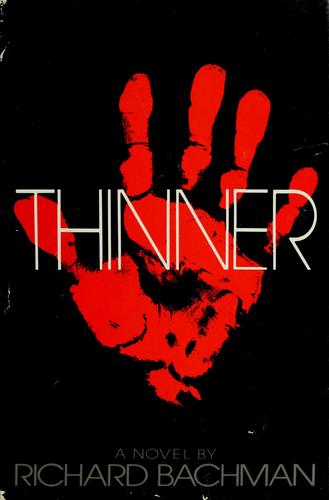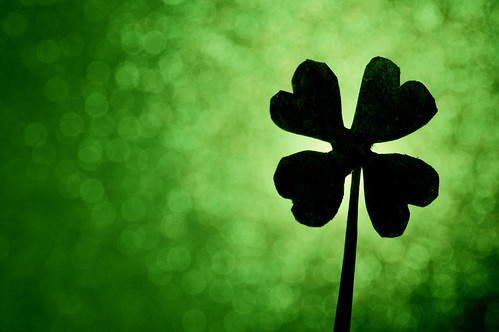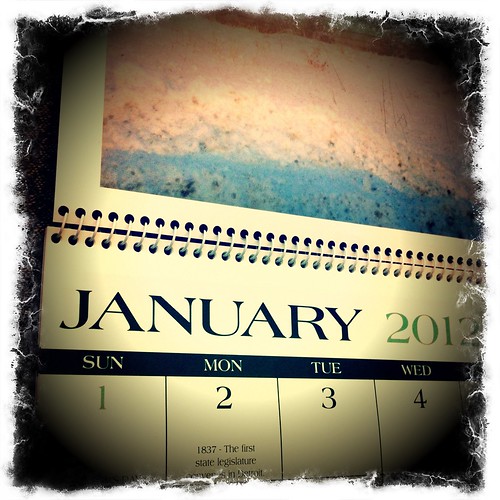October is swiftly approaching, and with it Halloween. It's one of my favorite holidays, and it's all about being scared. That's why I'm going to (attempt to) feature only scary books on film all month long. The first installment begins with, of course, Stephen King. After a fashion, anyway. King wrote Thinner as Richard Bachman, the worst-kept secret pen name in the entire history of the written word. But the jig is definitely up, and the novel moved easily to film.
Was it any better in the second medium?
The Book
When King first started in the writing biz, many publishers believed that authors shouldn't release more than one book a year; they thought it might over-saturate the market. According to literary legend, King invented his pseudonym Richard Bachman for this reason -- and because he wanted to see if readers were buying his words, or his name.
Supposedly. As I've mentioned, the secret wasn't kept very well, and fans aren't dumb. They quickly caught on to the fact that horror novelist Richard Bachman wrote with the exact same style as horror novelist Stephen King.
The public still didn't have wide knowledge of who Bachman really was when his book Thinner was released. Only 28,000 books sold in the novel's first publication. But some fans had already sniffed him out by the time he published Thinner, the third Bachman book, so King dedicated it to Bachman's fictitious wife and included a photograph of the author (actually an insurance agent). A suspicious bookstore clerk in Washington, D. C. searched Library of Congress records and found proof that King and Bachman were actually the same man. After he mailed a letter to King's publishers, King personally called the clerk and told him to go ahead and break the story.
He did, and in its next run Thinner sold hundreds of thousands of copies.
The novel is clearly written in King's signature style. It's set in New England, like most of his books, and it's about a fat lawyer named Billy Halleck. He's recently stood trial for vehicular manslaughter, having hit and killed an old woman while his wife was performing a sexual act on him. The old woman was part of a group of gypsies, and King-as-Bachman draws attention to this right away; it's very important. Halleck is acquitted, mainly because he's good friends with the judge.
While leaving the courthouse, the ancient father of the old woman appears on the courthouse steps. He steps close to Halleck and strokes his cheek, whispering "thinner."
Rapid weight loss begins at once. He loses weight by startling degrees, and soon realizes that the aged gypsy cursed him. When he speaks to his judge friend, he learns that the judge has also been cursed. His skin is turning into scales. The town police chief, also part of the cover-up, has been stricken with a horrifying skin condition. Both commit suicide before the book ends.
Billy's not going down without a fight. Now pitifully emaciated, he tracks the gypsies all the way to Maine (hey! This book was written by Stephen King!). Finally, he manages to strike up a deal with the gypsy, who gives Billy a pie baked with his own blood. Whoever eats the pie will also get the curse, because it can be transferred but not destroyed. The old gypsy tells Billy to eat the pie himself, and die with some dignity.
But he's not going to do that. He takes his pie home instead to give to his wife. This whole thing is her fault, anyway. He puts it away for the night, and gets himself some rest. When he wakes, he discovers that he made a mistake: his wife and his daughter both ate from the pie while he was sleeping soundly.
Billy cuts himself a slice of the pie as well because he feels so terrible about killing his own daughter, and that's the end. Surprisingly, the story is re-told pretty well on film.
The Film
Thinner became a film in 1996, but this time it carried Stephen King's name. To this day, the film is Stephen King's Thinner, which technically is wrong (but let's not get back into all that). Robert John Burke stars as Billy Halleck, and this time the story is moved entirely to Maine. This time, the movie actually shows the manslaughter incident that's already past-tense by the time the book begins. We see the gypsy carnival first, and the accident is shown in second-by-second detail. The sex act Heidi was performing was changed on film, but that's neither here nor there.
The sham of a trial is glossed over quickly, and the moment when the curse is given is agonizingly drawn out. To make Heidi a little more unlikable, a handsome doctor is introduced to the story in the movie. He makes house calls, and comes to check on Billy's terrible weight loss. The doctor is good-looking and fit, and the implication that he would like to be with Heidi is pretty loud and clear.
The horrible condition of the judge and the police chief is revealed next. Like he did in the book, Billy searches out the traveling gypsy carnival. This experience is drawn out on film, and Billy suffers nightmares and setbacks before he eventually locates them.
A deadly strawberry pie, enriched with blood, is eventually made. Again, the gypsy begs Billy to eat his own pie and die a clean death. Again, this isn't Billy's plan. He goes home and puts the pie away, believing that his daughter is spending the night at a friend's house.
He wakes up next to Heidi's dead body, and feels pretty gleeful with himself. The curse is broken, that cheating no-good wife is dead, and all is right with the world...until he goes down to the kitchen. Here, he learns that Linda has eaten some of the pie for breakfast. That's when Billy eats some of the pie himself, overcome with grief and guilt at what he's done.
What Got Adapted?
For what it's worth, Thinner is a faithful film adaptation of the book. But without any banner actors and too much extra plot in the second and third Acts, Thinner isn't a very good movie. The effects and costuming are great, but the dialogue is rough and the lead actor is thoroughly unbelievable. Don't blame the film for this; blame the book. The novel doesn't have a lot of meat to it, like its main character, and one assumes this is why King hid behind the Bachman moniker in the first place. You can skip this one on the page and on the screen. You won't find a whole lot of substance in this one, but there are a few cheap thrills that may please die-hard King and horror fans.


























